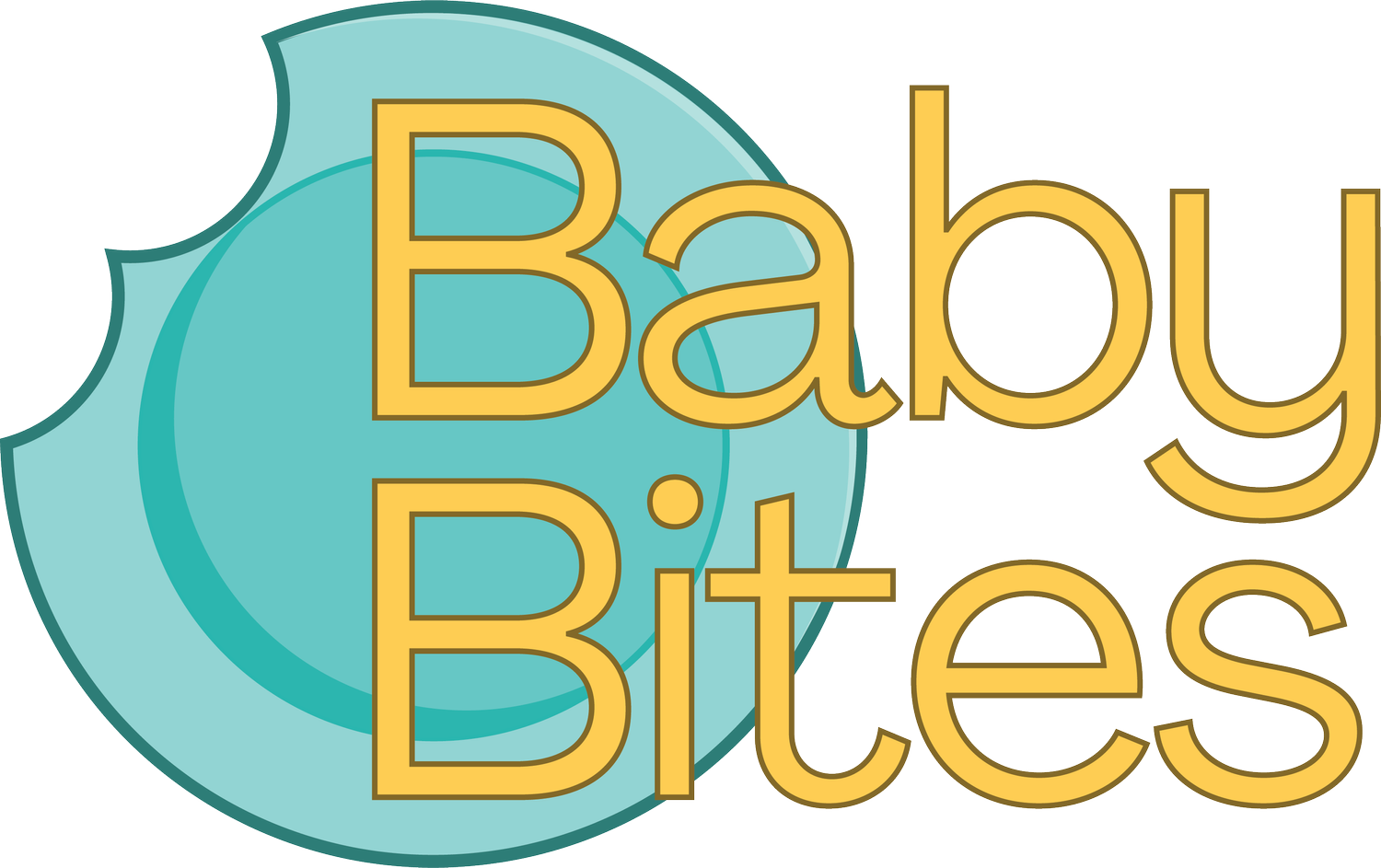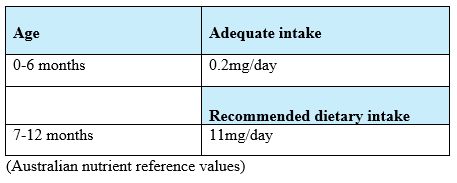The Importance of Iron for Infants
The role of iron
Iron is a mineral and component of haemoglobin, found in the red blood cells, which transports of oxygen from the lungs to tissues within the body (1). Iron is essential during the rapid growth period that occurs in infancy as it helps to support growth and development of the brain. (2)
Why do babies need iron?
At around 6 months, the stores of iron in your baby will be starting to run low as the ongoing amount of iron needed cannot be provided by breastmilk or infant formula alone. This is why it is important to now introduce your baby to solid foods (3).
Where do we find iron?
Iron is obtained through the diet from both animal and plant sources. Animal sources (haem iron) include red meat, poultry, and fish, which provide iron in a form that is more easily absorbed by the body. Plant sources (non-heam iron) include beans, lentils, tofu, spinach, and fortified cereals. Combining vitamin C rich roods (eg. oranges, strawberries, kiwifruit, tomato) can enhance iron absorption (1).
Examples of iron rich first foods
cooked and puréed or minced meats
cooked and puréed or minced chicken
cooked and puréed fish or seafood (*seafood is allergen causing food)
cooked and mashed tofu, beans (*soy beans are an allergen causing food) or lentils (served with vitamin C rich vegetables or fruit)
iron-fortified baby cereal (eg. Kids Weetbix).
*Allergen causing foods need to be introduced gradually in and in small amounts. Please speak to an early childcare nurse, a paediatric dietitian, GP or paediatrician before feeding these foods to your child.
Continue to breastfeed or bottle feed your baby infant formula, as well as giving them solids, until they're one year or older (3).
How much iron does my baby need?
The recommended dietary intake set out in the table below can be met my including a variety of iron-rich foods at most meal times together with foods from the 5 food groups outlined in the Australian Guide to Healthy Eating. https://www.eatforhealth.gov.au/guidelines/australian-guide-healthy-eating
How do I know if my baby is iron deficient:
If you find your baby has a poor appetite, seems tired or irritable or has pale skin you should seek medical advice. Your GP or paediatrician can test your baby’s iron level and growth. Please note however that the majority of children who experience iron deficiency with or without anaemia can be treated safely and effectively with oral iron supplementation and dietary modification.
References
https://www.eatforhealth.gov.au/nutrient-reference-values/nutrients/iron
Beard JL. Why iron deficiency is important in infant development. J Nutr. 2008 Dec;138(12):2534-6. doi: 10.1093/jn/138.12.2534. PMID: 19022985; PMCID: PMC3415871.
National Health and Medical Research Council (2012) Infant Feeding Guidelines. Canberra: National Health and Medical Research Council
Clinical Practice Guidelines: Iron deficiency (rch.org.au)



